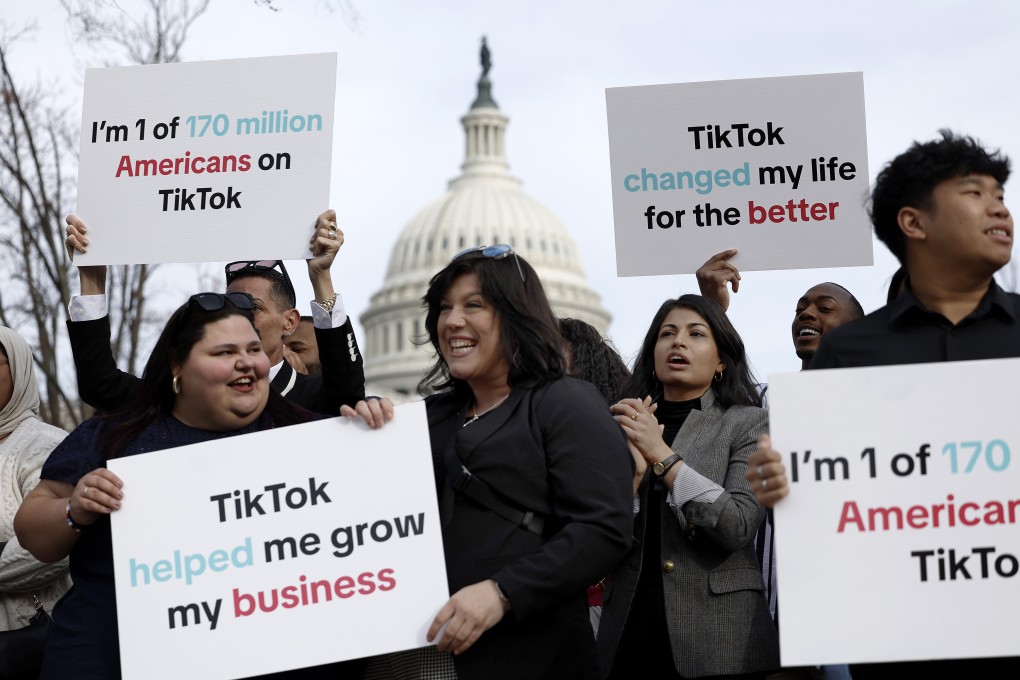Advertisement
Opinion | Digital nationalism is killing the promise of an open internet
Restrictive policies could hinder innovation, limit consumer choice and fragment the global digital economy
Reading Time:4 minutes
Why you can trust SCMP

The internet was once heralded as a force that transcended borders, connecting people and businesses in a seamless global network. That vision, however, is rapidly unravelling.
Advertisement
Governments are asserting sovereignty over their digital domains, rewriting rules for global tech giants. Driven by national security concerns, economic priorities and geopolitical rivalries, this shift is fracturing the digital economy – with profound consequences.
By 2022, the digital economy accounted for 15.5 per cent of the global economy, projected to grow to 17 per cent by 2028, with over two-thirds of new value creation expected from digitally enabled platforms over the next decade. Yet the dream of a borderless ecosystem is giving way to a reality of increasingly fragmented markets.
Policies mandating local data storage, production and partnerships are raising compliance costs and eroding the interconnectedness that once defined the digital era.
Indonesia has emerged as a leader in this shift. Apple’s US$100 million investment offer fell short of the country’s ambitions. The government then said in early December that the company is planning a US$1 billion investment tied to stringent local component requirements.
Advertisement
Apple must ensure that at least 40 per cent of its smartphone components sold domestically are made locally. This aligns with the country’s Making Indonesia 4.0 road map, which prioritises high-value exports in electronics, chemicals and advanced technologies.

Advertisement
